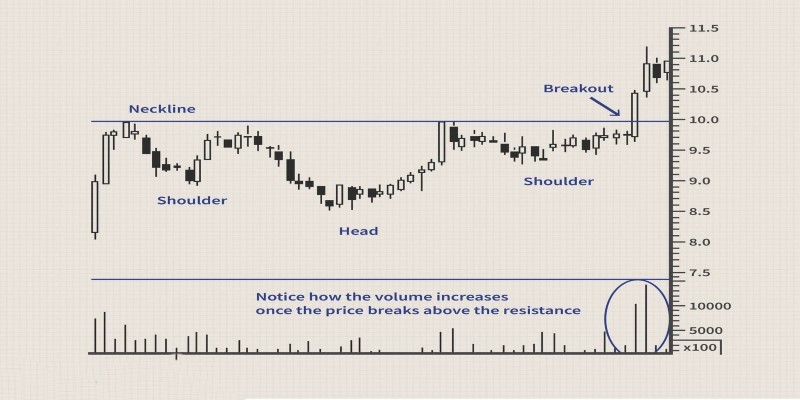How Debt Consolidation Could Affect Your Credit Score: A Complete Overview
Debt consolidation can seem like a financial lifeline, promising to streamline your debts into one manageable payment. It's important to realize that, despite its possible advantages, there may be drawbacks, particularly in terms of your credit score. This post will discuss the potential negative effects of debt consolidation on your credit score as well as things to think about before deciding to pursue it.
Introduction to Debt Consolidation
Debt consolidation involves combining multiple debts into a single loan or credit line, typically with a lower interest rate or a more favorable repayment term. This technique can potentially lower the total interest paid over time and streamline monthly payments.

When you consolidate your debts, you essentially take out a new loan to pay off existing debts. This can be a personal loan, balance transfer credit card, or home equity loan. The idea is to replace multiple debts with one, making them easier to manage and potentially saving money on interest.
Impact on Credit Score
One of the immediate effects of debt consolidation is its impact on your credit score. Here's how:
Credit Inquiry
Applying for a credit card or loan with the goal of consolidating debt typically results in a hard inquiry being made by the lender on your credit record. Inquiry like this can temporarily drop your credit score by a few points, but it's important for them to evaluate your creditworthiness.
It can be more detrimental to make several queries in a short amount of time, as this may indicate to creditors that you are considering taking on further debt.
Average Age of Accounts
Closing old accounts as part of the consolidation process can potentially shorten your credit history. Credit history length plays a significant role in determining your credit score, accounting for 15% of your FICO score calculation. A shorter credit history due to closed accounts can negatively affect your score, especially if those accounts have a long-standing positive payment history.
Interest Rates and Long-term Costs
While debt consolidation can lower your interest rates and monthly payments initially, it's crucial to delve deeper into the potential long-term financial implications:
Teaser Rates and Introductory APRs
Balance transfer credit cards often entice consumers with low or 0% introductory Annual Percentage Rates (APRs). These rates can be appealing as they allow you to consolidate high-interest credit card debt onto a single card with a lower initial rate. However, it's essential to recognize that these rates are typically introductory and temporary. Once the introductory period expiresusually after 6 to 18 monthsinterest rates can jump significantly.
For example, a credit card that starts with a 0% APR for the first 12 months might increase to a standard rate of 15% or higher thereafter. If you haven't paid off the transferred balance within the introductory period, you could face substantially higher interest charges on any remaining balance. This sudden increase in interest rates can negate the initial savings and potentially cost you more in the long run.
Extended Repayment Terms
Another common feature of debt consolidation is the option to extend repayment terms, particularly with personal loans or home equity loans. While stretching out repayment over a longer period can reduce your monthly payments and provide immediate relief to your cash flow, it's essential to consider the overall cost over the life of the loan.
By extending the repayment period, you may end up paying more in total interest over time, even if the interest rate itself is lower. This is because interest accrues over a longer period, and you're making payments on a larger principal balance for an extended duration. Additionally, longer repayment terms can mean you remain in debt for a more extended period, potentially delaying your financial freedom and increasing the total cost of borrowing.
Financial Stability and Behavior
Debt consolidation doesn't solve underlying financial behavior issues:
Risk of Re-Accumulating Debt
One of the significant risks associated with debt consolidation is the potential for re-accumulating debt. Consolidating debt into a single payment can create the illusion of reduced debt burden, leading some individuals to continue or resume spending habits that contributed to their debt in the first place. Without addressing the root causes of overspending or financial mismanagement, there is a real risk of falling back into debt.

For example, if credit card balances are consolidated into a new loan or credit line, the original credit card accounts may be left with available credit limits. This can tempt individuals to use those cards again, thereby increasing overall debt levels. Unless spending behaviors are modified and financial discipline is maintained, consolidating debt alone may not prevent a recurrence of financial difficulties.
Credit Card Usage
After consolidating credit card debt onto a single card or loan, individuals may find themselves with unused credit lines on their original cards. This availability of credit can be tempting and lead to additional spending, thereby counteracting the efforts made through consolidation.
Moreover, some individuals may mistakenly view the consolidation process as a means to free up credit for new purchases or expenses rather than a strategic move to pay down existing debt. This can perpetuate a cycle of debt accumulation and repayment, ultimately undermining the intended benefits of consolidation.
Conclusion
While debt consolidation can offer benefits like simplifying payments and reducing interest rates, it's essential to weigh these against potential drawbacks. Your credit score, interest rates, and overall financial stability can be impacted in both positive and negative ways. Understanding these dynamics and exploring alternatives can help you make an informed decision that aligns with your financial goals and improves your long-term economic health.
By carefully considering the impact on your credit score, interest rates, and overall financial stability, you can navigate the decision of whether debt consolidation is the right choice for you. Always prioritize understanding the terms and conditions of any consolidation offer and seek financial advice if needed to ensure you make the best decision for your financial future.












